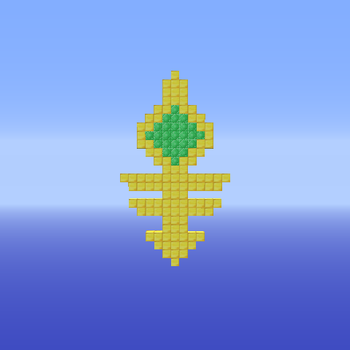Set #u=3x-7#
That means that #du=3dx#. However, you don't have a 3 on the top.
Don't worry. Instead, just multiply the integral by #3/3#. That way, you have the 3 sufficient for the substitution.
Your equation becomes:
#int (3 * 2)/(3 sqrt(3x-7))dx#
You can then substitute u into the square root and du for 3dx using the three on the top. You should then get
#int 2/(3 sqrtu)#
Now personally, I like to take the #2/3# out from the integral and write #sqrtu# as #u^(-1/2)#. Rewriting this, you get
#2/3 int u^(-1/2)#
Ignore the #2/3# for now and focus on the #int u^(-1/2)#. Add 1 to the power and then multiply by #1/2# since that's the number you get from adding 1 to the power. Simplify and you should have:
#(1/3)(u^(1/2))#.
Now since #u=3x-7#, we need to plug that back into the result. Also, the power of #1/2# is the same thing as the square root. Plugging in and writing a square root, we should get:
#(1/3)(sqrt(3x-7))#

